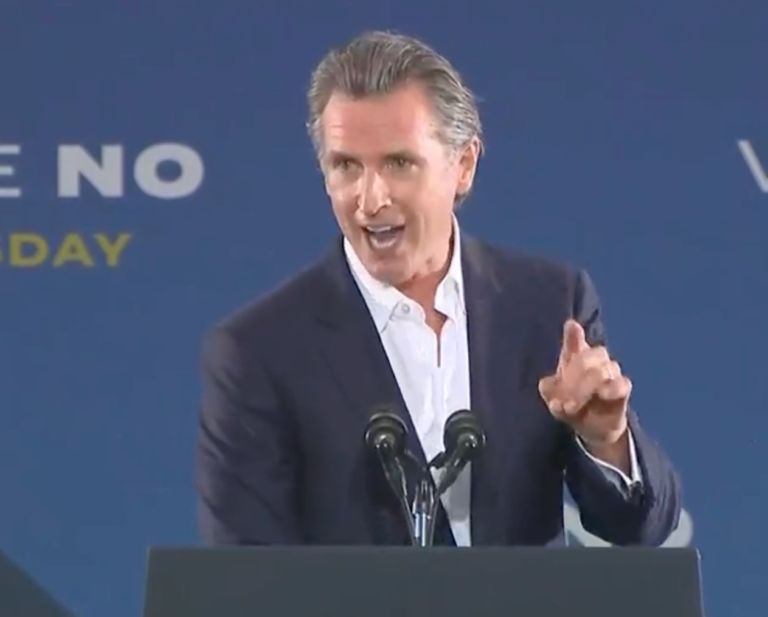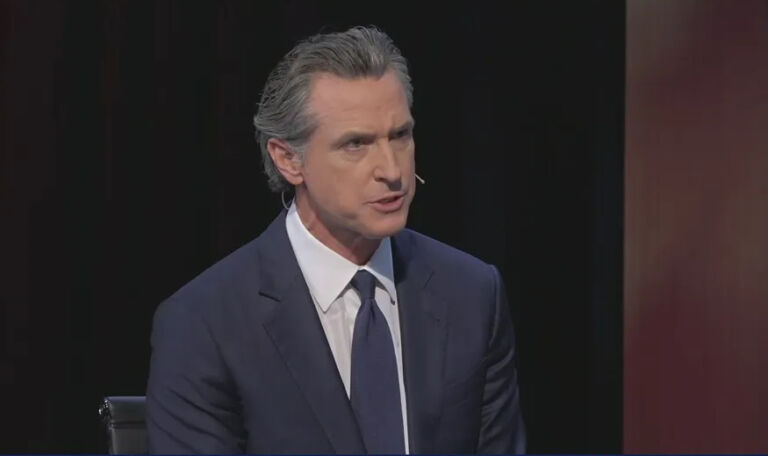Editors at National Review Online ponder the Golden State’s experience with a government-mandated minimum wage.
One of the fundamental principles of economics is that if the price of something goes up, people will buy less of it. Californians are now learning the hard way that this principle applies to labor just as much as it does to any other good or service.
Last September, Gavin Newsom hailed the passage of a law that increased the already high $16-per-hour minimum wage in California to $20 per hour for fast-food workers at chains with more than 60 locations nationwide (the minimum wage for health-care workers is also being increased).
“California is home to more than 500,000 fast-food workers who — for decades — have been fighting for higher wages and better working conditions,” Newsom said at the time. “Today, we take one step closer to fairer wages, safer and healthier working conditions, and better training by giving hardworking fast-food workers a stronger voice and seat at the table.”
In reality, instead of a seat at the table, thousands of workers are now unemployed.
This month, Rubio’s Coastal Grill field for bankruptcy after closing 48 of its California locations. While Rubio’s has faced broader financial struggles for a number of years, the company cited “significant increases to the minimum wage in California” among the reasons for its decision.
The move follows months of reports of layoffs in the state’s fast-food industry leading up to the April 1 effective date of the government-mandated wage hike.
Last December, two of the major Pizza Hut franchisees in the state announced they were eliminating delivery service and laying off thousands of drivers. A Burger King franchisee who runs 140 locations said he was installing self-ordering kiosks to reduce staffing levels while El Pollo Loco said it was automating more of its salsa-making.


